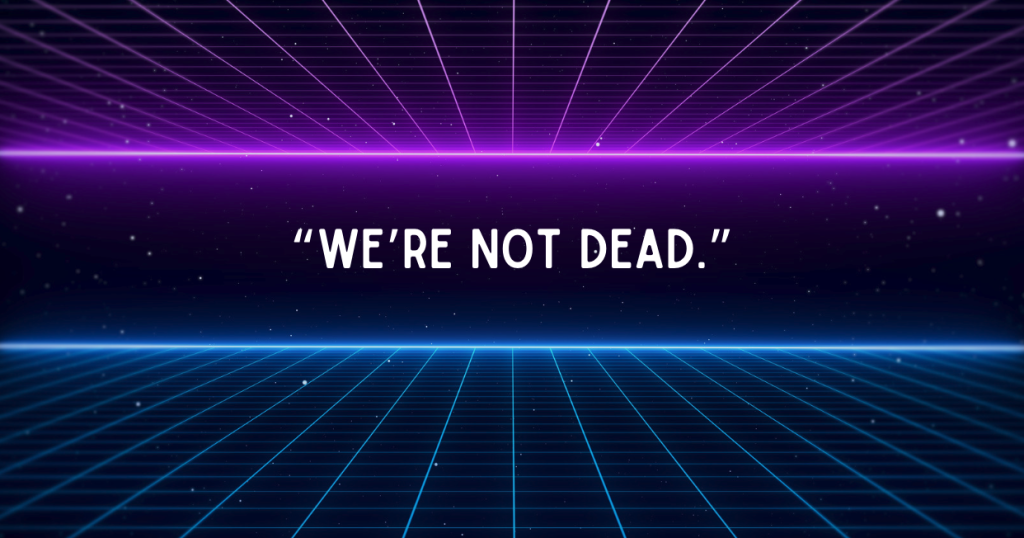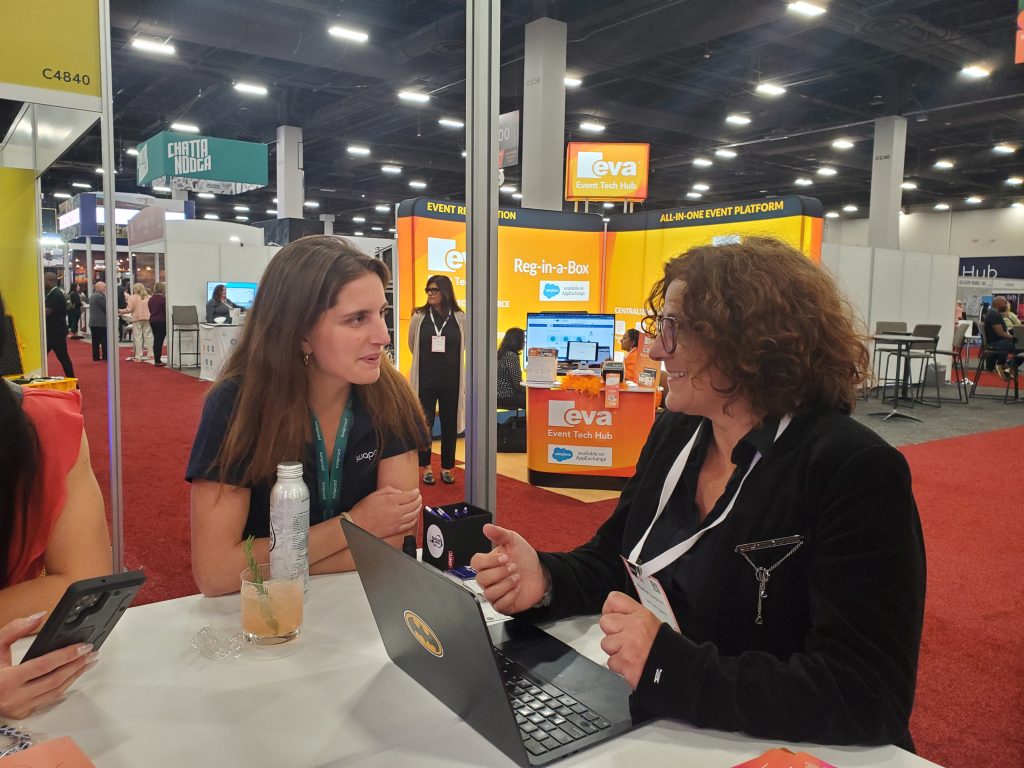How to Personalize Events with AI

Artificial Intelligence is arguably one of the most powerful technologies ever invented. As such, it can be overwhelming, especially at this early stage of development. To get started using AI, event marketers should look at existing processes and then determine if or how AI can improve them. Personalization is a prime use case for which AI has made significant inroads. To get a handle on how to personalize events with AI, consider these resources.
Digital Events to Event Marketers: “We’re Not Dead.”

Digital events are far from dead. But, from online conferences to webinars to all-hands meetings, must-have elements separate the winners from the losers. Kristin Koenig of RingCentral and Jay Schwedelson of Guru Events joined the hosts and the geniuses of the “Cut the Sh*t. Cue the Genius.” webcast to talk about what works.
AI and Event Technology: Elbow Grease Meets Innovation

It didn’t take long. ChatGPT barely scratched the surface of Generative AI, and already AI and event technology are close friends. And while event marketers welcome the personalization, productivity, and precision AI brings, leaning into the innovation still requires a bit of finesse. Here are some thoughts on navigating in an AI-forward world.
How Elite Event Organizers Select Event Technology

Large organizations or those with significant event portfolios are prized prospects for event tech companies. However, selling event technology to elite trade associations, for-profit event companies, and corporations is often complex and protracted. Knowing how top-tier organizers select event technology is crucial for getting in the door.
Bleisure: It’s Not Just for Fun Anymore

In the evolving landscape of corporate events, the concept of “bleisure”—a blend of business and leisure activities—is transforming the way professionals approach work-related travel.
Cut the Sh*t List: Ways to Convert a Bad Event Into a Good One

In a recent webisode of Cut the Sh*t. Cue the Genius., the hosts and geniuses discussed why “bad” events–those that look and feel the same year after year–continue to draw crowds and how to convert a bad event into a good one. Here’s what they had to say.
Bad Demos Can Kill a Sale. You can Do Better.

Technology product demos are a blessing and a curse. In event tech, they are mostly a curse. They start well enough—hopeful, exciting, food for the curious—but can also make your ears and eyes bleed. There are ways to make them better.
Turbocharged Takeoffs: The Why and How of Fast Event Launches

Like fast food, fast cash, fast fashion and every other fast product, fast events (exhibitions, conferences, brand activations or fan-based events launched in six months or less) serve a valuable purpose. There are lessons in the fast-launch world that even traditional, business-to-business organizations can learn from.
From Survival to Thrival: Mastering Entrepreneurial Thinking and Successful Bootstrapping

In a recent webisode of Cut the Sh*t. Cue the Genius., guest genius Bob Vaez, CEO of EventMobi, shared the challenges and freedoms of bootstrapping a company, an event portfolio or an events department. Here’s some of the advice and experience he shared:
Raising the Bar: Addressing the Challenge of Poor Service in the Event Industry

Some vendors (maybe more than usual) are suffering from high costs and a shallow labor pool, compromising their reputations and putting planners in poor positions with their internal and external clients. On Issue 70 of the Cut the Sh*t. Cue the Genius., things got wild. So, we put together a new flip book on how to address issues with AV vendors, although it’s happening across the board with all vendor types.
